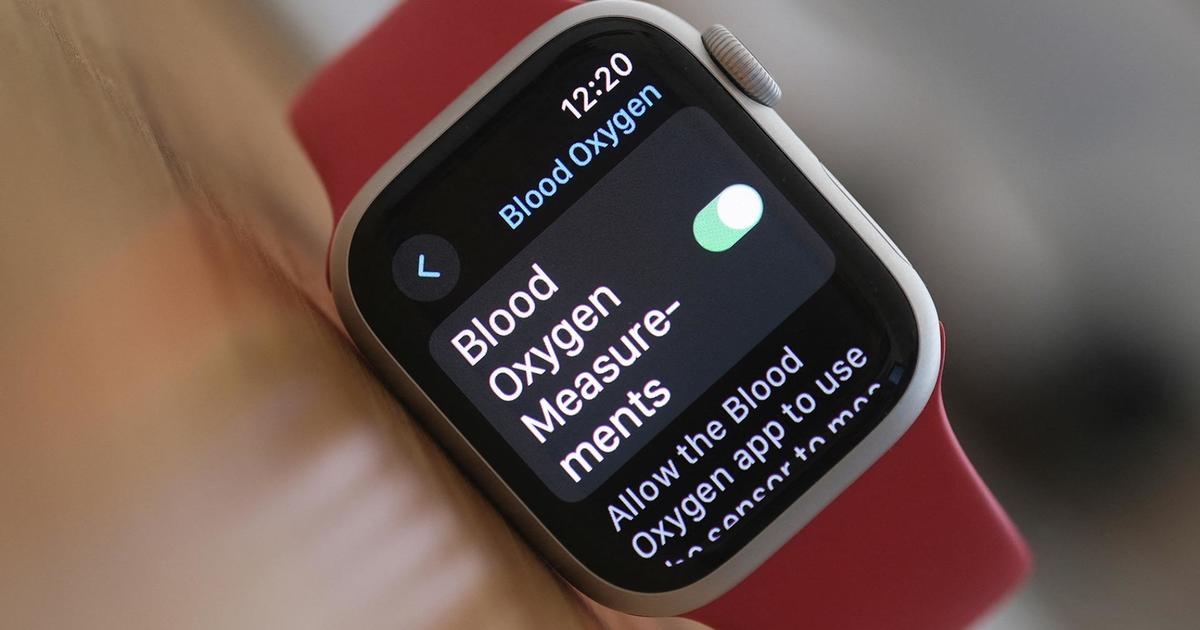
The court of appeals has restored the ban on selling Apple Watch models that include a blood oxygen monitor.

The US Court of Appeals has ruled to reinstate a ban on the sale of Apple’s high-end watches as it mediates a patent conflict regarding a sensor. This raises the possibility that the company may remove these devices from stores for the second time in less than a month.
On Wednesday, the U.S. Court of Appeals in Washington announced a decision.
Three weeks after implementing the ban.
Apple was able to resume selling the Series 9 and Ultra 2, both internet-connected watch models, after obtaining a temporary stay in the midst of a legal battle with medical technology company Masimo over intellectual property.
In late October, the U.S. International Trade Commission determined that the blood-oxygen sensor used in Apple Watch models was in violation of Masimo’s patents. As a result, Apple briefly stopped selling the Series 9 and Ultra 2 models in late December until they received temporary relief from the appeals court.
In a statement given to 9to5Mac, Apple announced that they will start offering versions of the Series 9 and Ultra 2 on Thursday that do not include the Blood Oxygen feature.
At 2 p.m. Pacific Time on Thursday, the ban will be reinstated due to the ruling of the appeals court.
The process of appealing is anticipated to last for at least a year, resulting in Apple having to suspend sales of their newest watch models in the U.S. until 2024. Alternatively, they may have to alter the design of their devices to adhere to the decision made by the ITC.
On Monday, Masimo revealed in a legal document that Apple has received clearance from the U.S. Customs and Border Protection to make changes that would eliminate the blood-oxygen sensor from their watches.
The company headquartered in Cupertino may also be able to reach an agreement with Masimo, which would allow them to keep selling the Apple Watch models that include the blood-oxygen sensor. However, in their appeal, Apple has dismissed the idea that their watches are utilizing Masimo’s patented technology, making a resolution unlikely.
Being required to withdraw its two leading Apple Watches from the United States would result in a minor decrease in the company’s yearly earnings of $383 billion. While the exact number of Apple Watch sales is not publicly disclosed, experts predict that the product generates approximately $18 billion in revenue each year.
The United States’ restriction on selling the Series 9 and Ultra 2 will not stop Apple from offering the SE, a more affordable model that does not have a blood-oxygen sensor. However, the inclusion of this technology in Apple’s watches, introduced in 2020, has been crucial in promoting the devices as potentially life-saving tools for tracking users’ health.
Apple stated in legal documents that enforcing the ITC’s patent order would result in unwarranted damage to a groundbreaking product created by an iconic American company, which employs over 90,000 individuals in the United States.
Masimo claimed that the U.S. sales ban of certain Apple Watch models will not have a major impact on the company, as the majority of their income is from iPhone sales. Furthermore, Masimo attempted to depict Apple as a large corporation using aggressive tactics to steal intellectual property commonly used in hospitals and by healthcare professionals, who serve approximately 200 million patients each year.
Source: cbsnews.com